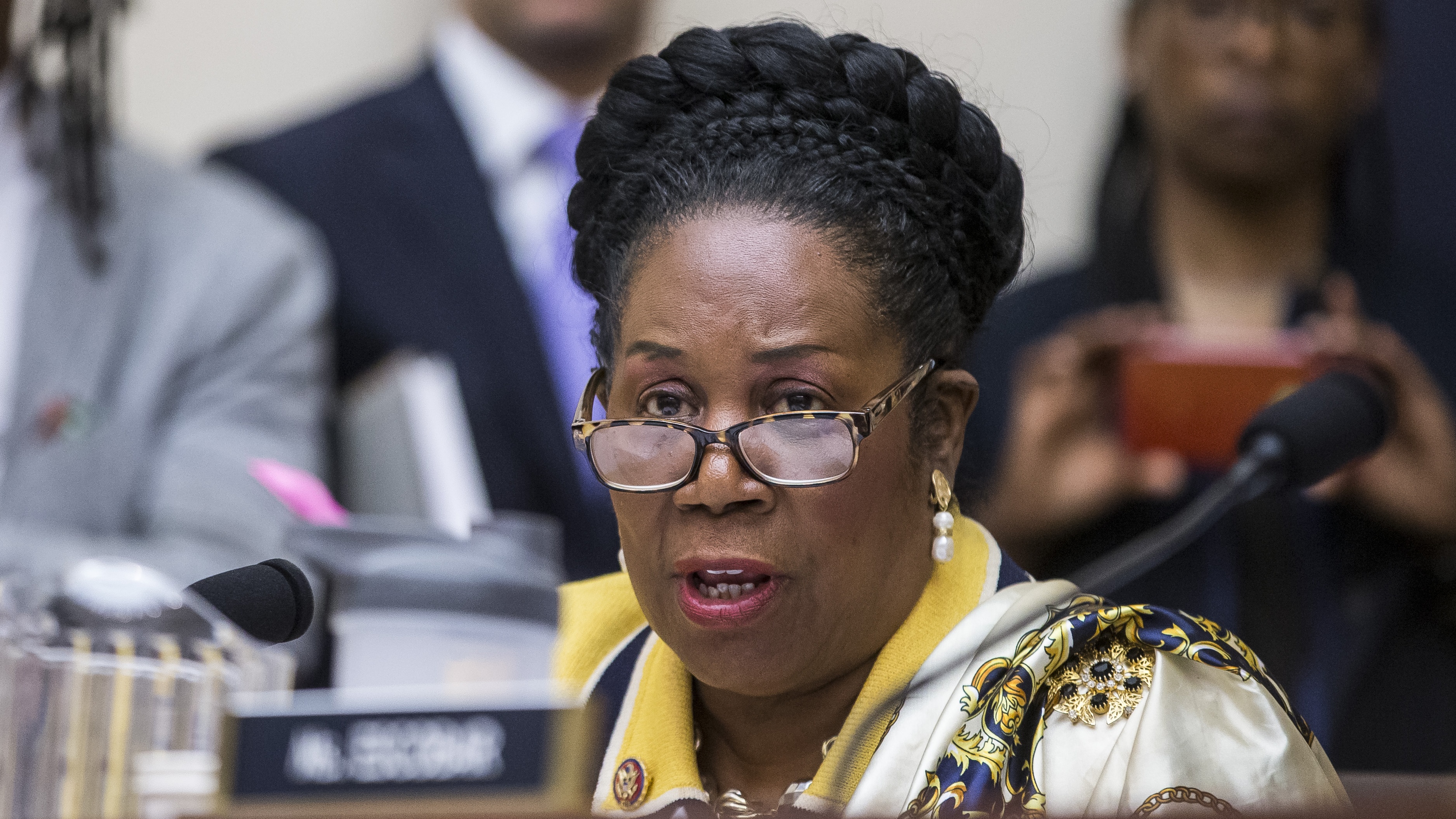Black residents in Evanston, Illinois are expressing concerns about the city's approach to providing reparations, a plan which was approved three months ago as the first local reparations program in the country. According to the residents, part of the problem is that there are too many restrictions in the plan.
The concerned Illinoisans specifically point to the city's attempt to provide reparations in the form of housing assistance, NBC News reported. The problem with the housing assistance, according to the residents, is that renters can't use the program because it's only available for current and future homeowners.
Additional concerns revolve around the banks and real estate companies which would have to get involved in housing transactions. Community leaders say these institutions are particularly problematic because they have a history of discriminating.
“The beneficiaries of this program would be those who initially did the harm of redlining here in Evanston,” community organizer Sebastian Nalls told NBC News.
A. Kirsten Mullen and William Darity Jr., authors of From Here to Equality: Reparations for Black Americans in the Twenty-First Century, wrote an opinion piece for The Washington Post to speak up against Evanston's Restorative Housing Program.
“This is a housing voucher program, not reparations — and calling it that does more harm than good,” the authors wrote.
Many of the residents are calling for a reparation plan that would benefit the entire community.
“I don't want to benefit personally from it,” said Priscilla Giles, a retired teacher of English as a second language in Chicago Public Schools. “I want the city to move in a way that future generations would benefit from it.”
Giles, a Black resident who has lived in Evanston from 1919 to 1969, is eligible for the Restorative Housing Program. The first phase of the plan would pay $25,000 in the form of home improvement costs, down payment and closing cost assistance, as well as mortgage payments to those who experienced housing discrimination.
But the retired teacher is reluctant to apply.
“It’s not reparations,” she said. “And that’s for sure.”
The city's program is also facing backlash from conservative groups, who are the calling the plan discriminatory and unconstitutional.
“This is a group, race-based benefit, based on a tenuous historical analysis,” said Tom Fitton, president of a conservative nonprofit group known as Judicial Watch. “It’s an extremist program.”
As Blavity previously reported, the country's discussion on reparations has been going on for more than three decades, with the measure being introduced at every congressional session since 1989.
The bill, titled HR 40, took a step forward in April when a House committee voted to establish a 13-member panel that would propose ways to redress the wrongs of slavery. U.S. Rep. Sheila Jackson Lee led the effort to pass the bill, Houston Chronicle reported.
Jackson Lee said the goal is not only to provide financial payments, but to “bring American society to a new reckoning with how our past affects the current conditions of African Americans and to make America a better place.”
“To merely focus on finance is an empty gesture,” she said. “We’re asking people to understand the pain, the violence, the brutality … of what we went through. And of course we’re asking for harmony, reconciliation, reason — to come together as Americans.”
